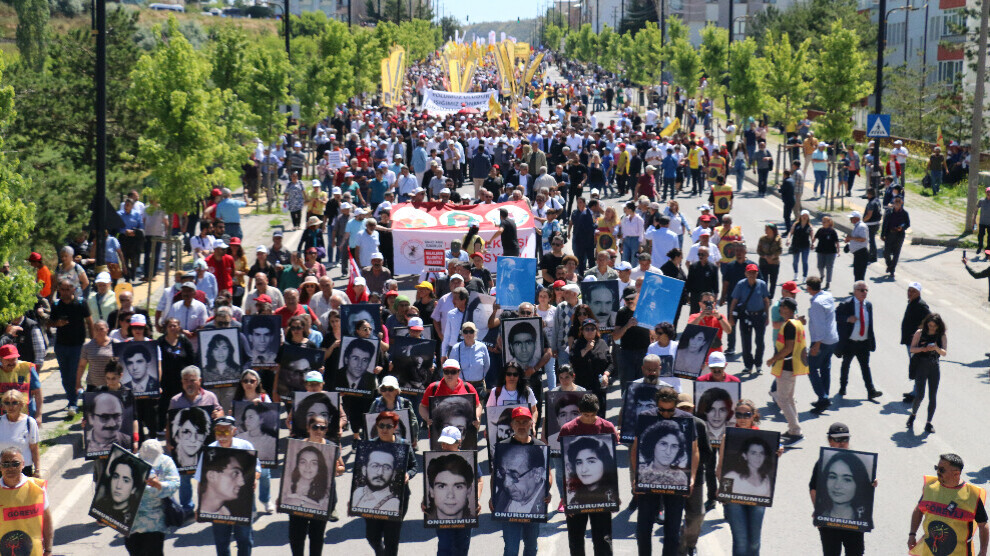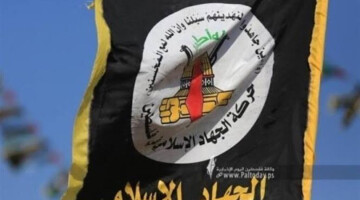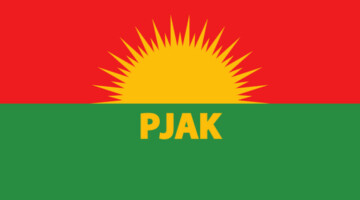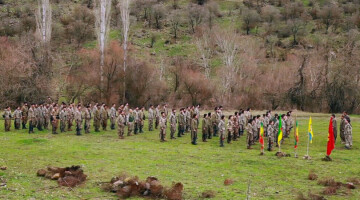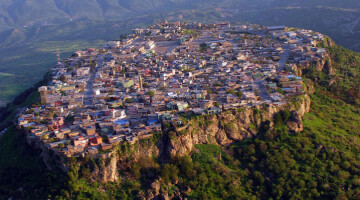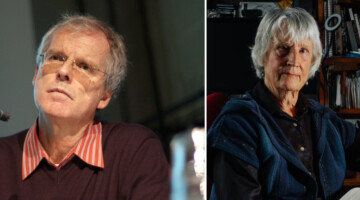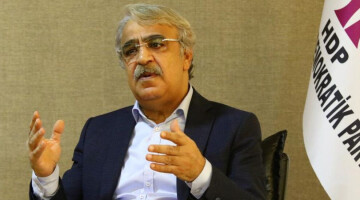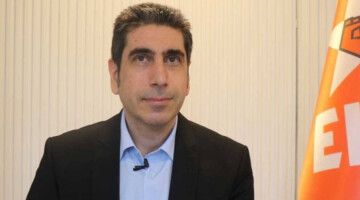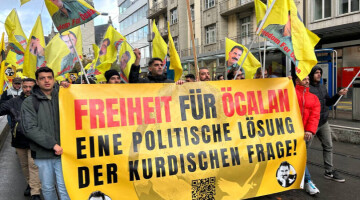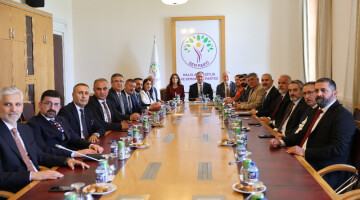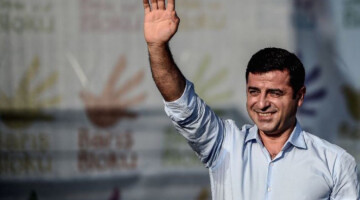The victims of the Madımak pogrom 30 years ago were commemorated in Sivas. Thousands of people from all over Turkey and abroad flocked to the city of Sivas on Sunday at the invitation of Alevi associations to hold a commemorative march and express their demands, which have been the same for decades: the recognition of the suffering of the victims, the rededication of the Madımak Hotel as a national memorial and the consistent prosecution and sentencing of the perpetrators.
"Our path is sublime; our light burns eternally. Pir Sultan Abdal, marching into eternity, is immortal" was written on a front banner behind which the demonstrators lined up in front of the headquarters of the cultural association named after Pir Sultan Abdal. Many carried pictures of the victims as they marched through the city towards the crime scene, chanting "The light of Sivas will never go out". Residents applauded the marchers from their balconies. They laid red carnations in front of the Madımak Hotel as a sign of remembrance and longing.
35 people were killed on 2 July 1993, including two hotel employees, when a fanatical Islamist mob of several thousand men marched in front of the Madımak Hotel in Sivas and carried out a massacre. On that day, as years before, a cultural festival was held in honour of Pir Sultan Abdal, a legendary 16th century folk poet and freedom hero of the Alevi faith who expressed the social, cultural and religious sentiments of his fellow human beings in his poems and was executed for rebellion against Ottoman rule.
The guests of the festival, who stayed at the Madımak Hotel, were mainly Alevi artists; poets, thinkers, singers and folklore dancers, but also critical intellectuals of other confessions. Among the participants was the avowed atheist writer Aziz Nesin, who survived the pogrom by a narrow margin.
A local newspaper had previously stirred up sentiment against Nesin. Sunni Islamists and the extreme right-wing "Grey Wolves" then also came to Sivas. After Friday prayers, 15,000 fanatics from three mosques marched in front of the Madımak Hotel, surrounded the festival participants and threw stones, chanting "Long live Sharia! Down with secularism!" Security forces deployed were unable or unwilling to help the besieged. Soon after, when Islamists entered the wooden building, spilled petrol, set it on fire and the flames reached the top floor, the following could be heard from the ranks of the attackers: "This is hellfire! The fire in which the infidels will burn."
The trapped people could not escape from the burning hotel because the angry mob blocked their way and cheered the fire. Although the police, military and fire brigade were alerted, they did not intervene until hours later. The events were broadcast live on state television for over eight hours. The footage showed, among other things, how isolated police officers helped the crowd and an approaching military unit retreated again.
The Sivas pogrom continues to have an impact today and remains an open wound. Victims and survivors still have to fight for justice. Neither have the events been dealt with nor has a culture of commemoration and remembrance been established that recognises the suffering of those affected and those left behind. Only a few perpetrators were prosecuted, some of whom fled abroad and live unchallenged as asylum seekers. Criminal proceedings were delayed and declared time-barred. In one of the trials against perpetrators of the Sivas pogrom, President Recep Tayyip Erdoğan even described the statute of limitations as a "joyful event for the people". In 2020, he pardoned one of the main perpetrators, out of "consideration" for his health condition.

